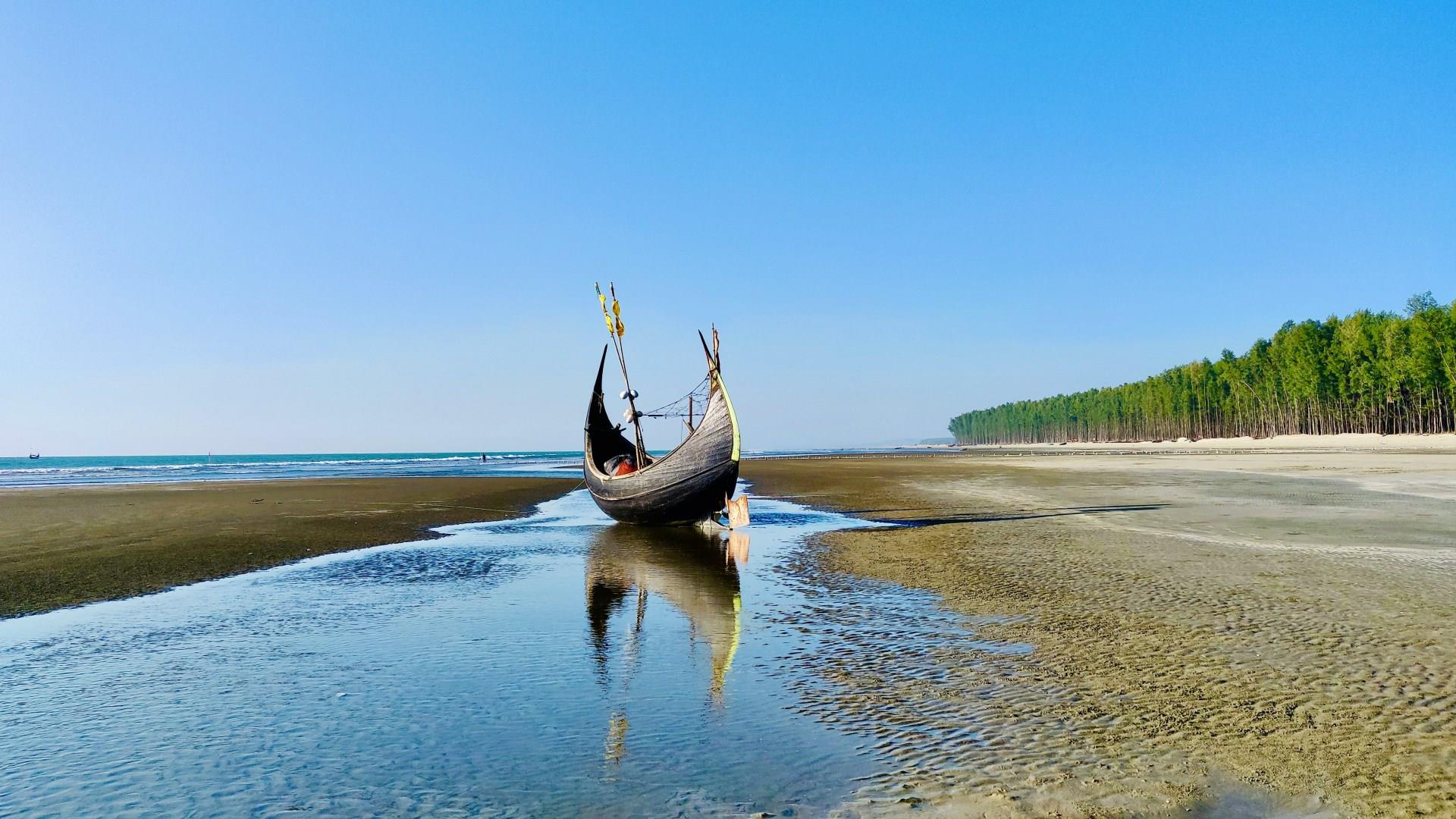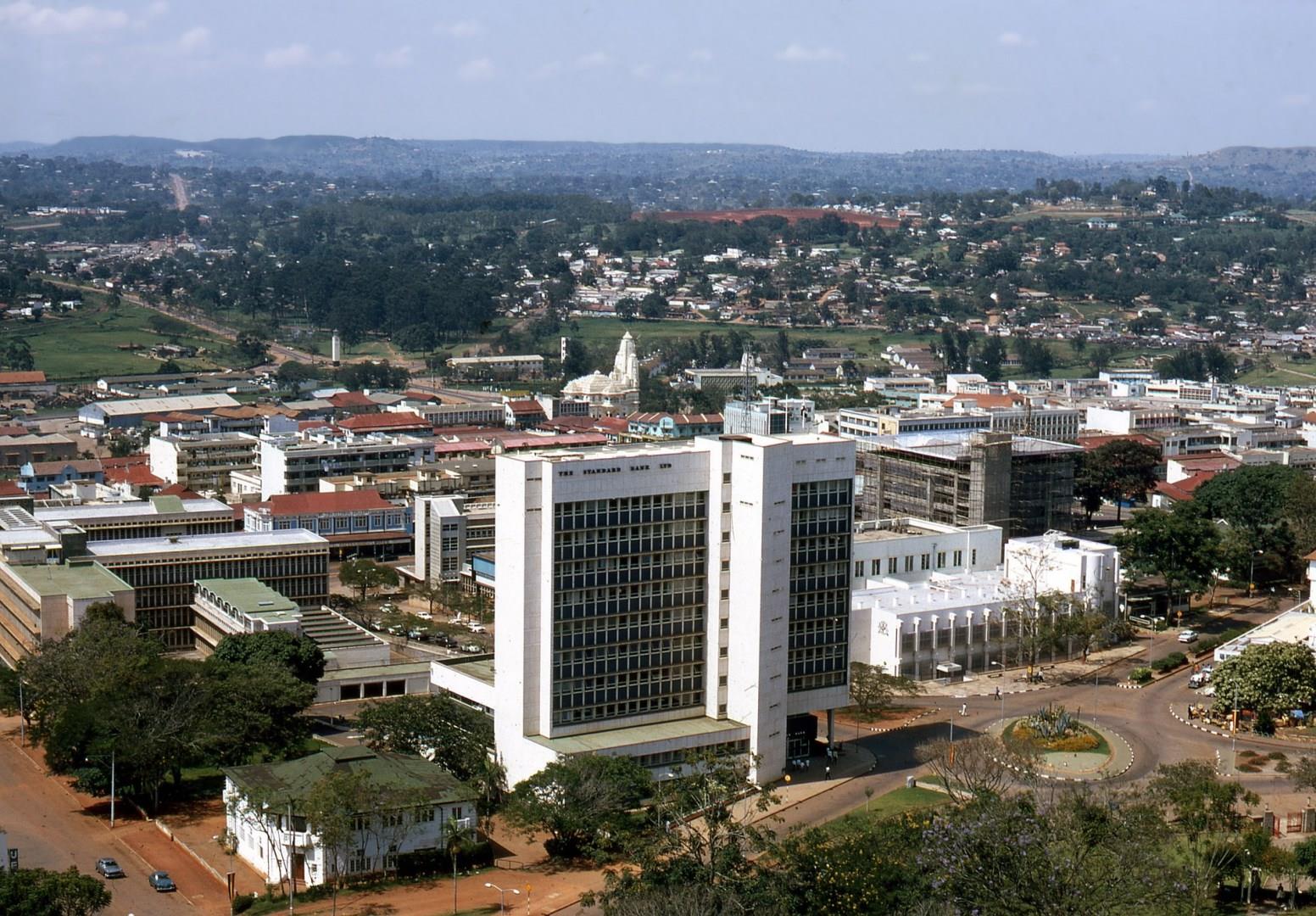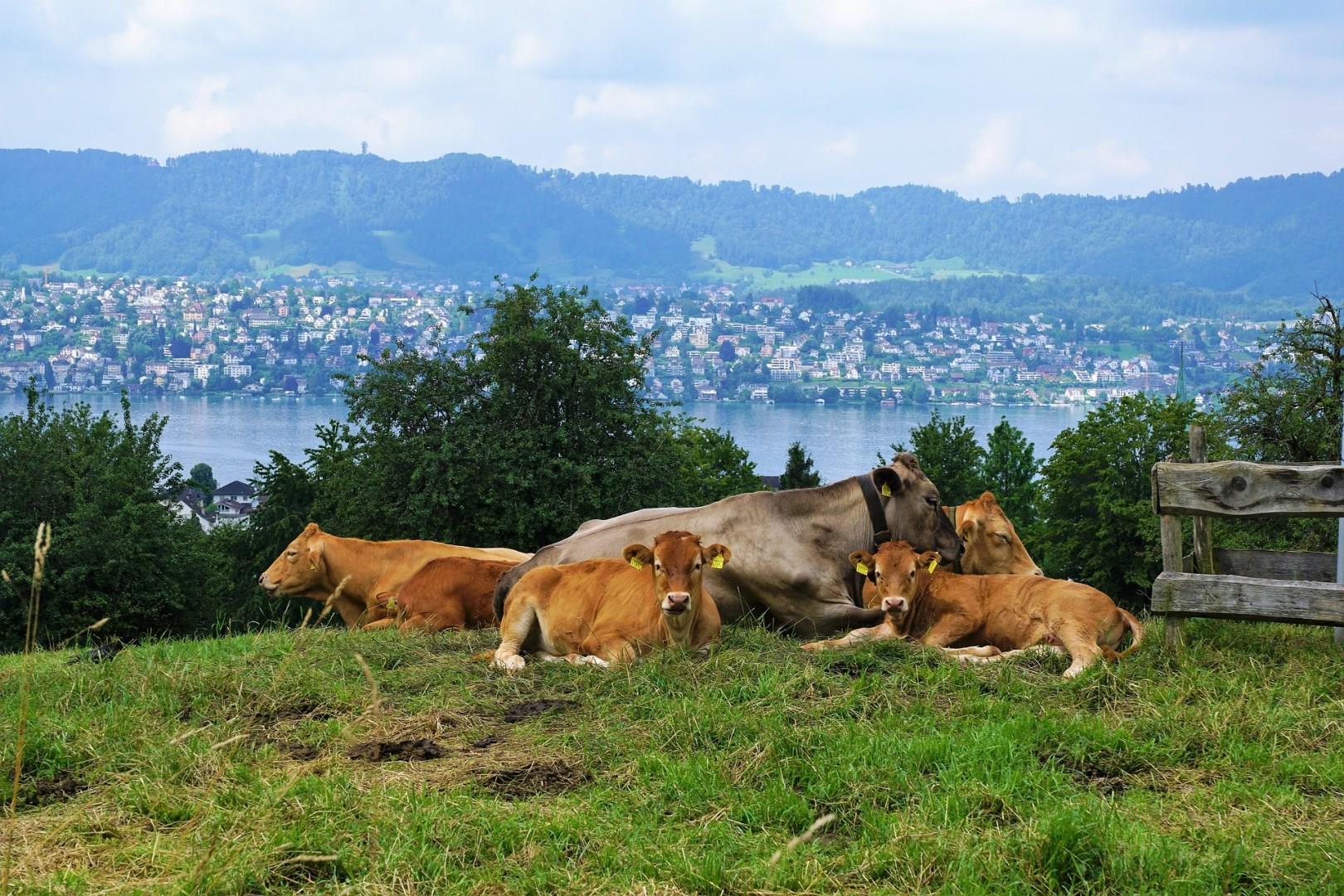

Amsterdam
Amsterdam, the 17th century capital of Holland, is often called the "Venice of the North" due to its numerous, boat-navigable canals. Truly rich in history, the oldest part of this populous, multicultural city is Sloten, which dates all the way back to the 9th century.

Bangladesh
Bangladesh, set in the heart of South Asia, is known for its lush greenery and waterways. It is often described as the “land of rivers,” with the Ganges, Brahmaputra, and Meghna weaving through its landscapes.

Marquesas Islands
Farther from a continental landfall than any other group of islands on earth, the twelve Marquesas jut out of the open Pacific just south of the equator, shrouded in a constant cloud cover.

Suva
Suva is the capital of Fiji and a popular island destination in the South Pacific. Highlights of this tropical city include Fiji Museum, Thurston Park, Mount Korobaba, and Colo-I-Suva Forest Park.

Kampala
Kampala, the bustling capital of Uganda, is a dynamic blend of tradition and modernity. Perched on rolling hills near the shores of Lake Victoria, the city offers a vibrant cultural scene, historic landmarks, and a growing culinary landscape. A visit to the Uganda Museum is a must for those seeking to explore the country’s rich history, with exhibits ranging from archaeology to cultural artifacts. Nearby, the Lubaga and Namirembe Cathedrals offer panoramic views of the city and serve as reminder


